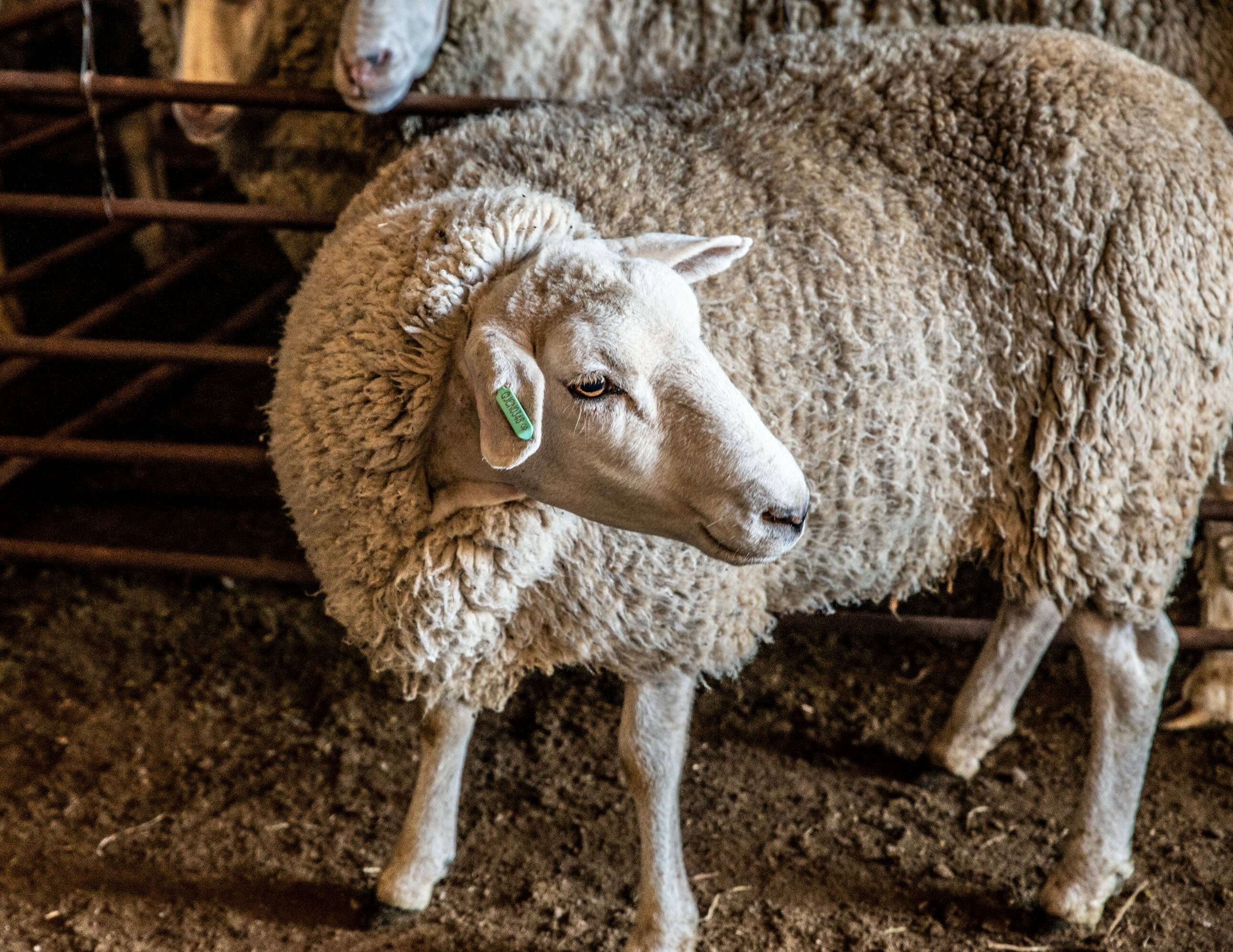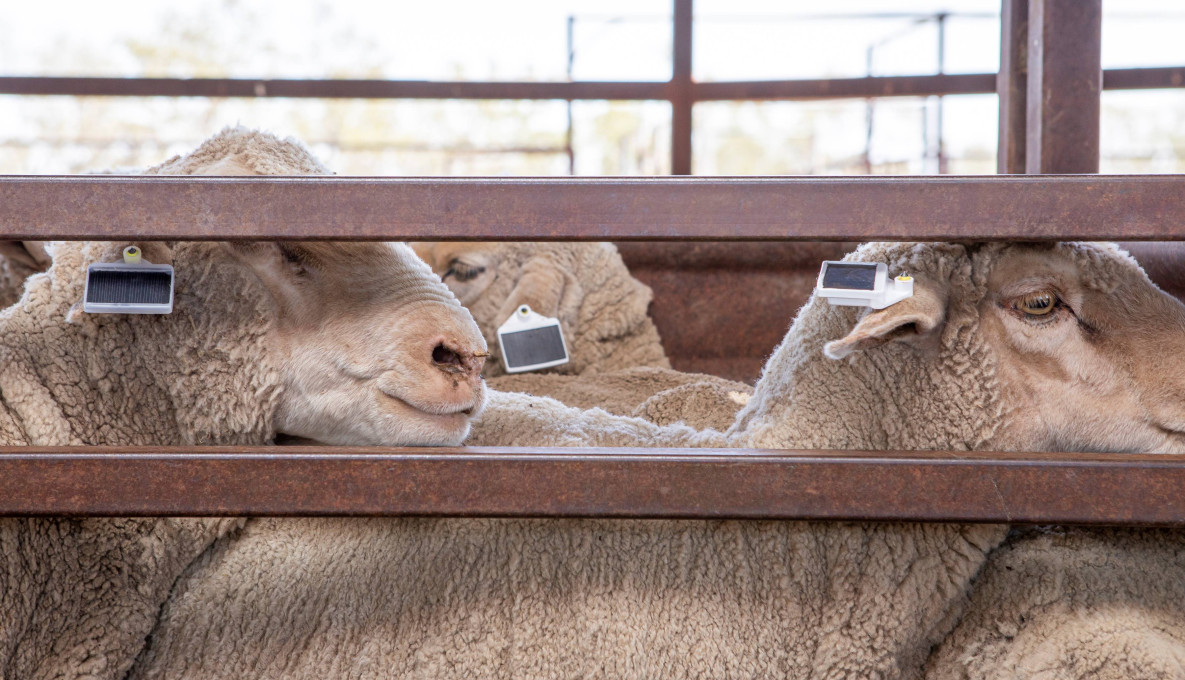Sheep farming is an important part of the agricultural industry, and it’s only getting more complex. With increasing demands for better animal health care, improved production efficiency, and greater traceability of livestock, farmers are turning to ear tags as a way to meet those goals.
Sheep tags are small identification markers that are attached to the ears of sheep; they provide farmers with a simple and effective way to monitor their animals’ movements and track them throughout their lifetimes.
The Benefits of Ear Tagging in Sheep Farming

Ear tags are becoming increasingly popular amongst sheep farmers, offering a wide range of benefits. For starters, they provide an easy way to identify individual animals in the flock.
This can be especially useful when managing medical treatments or vaccinations, as each tag carries specific information about the animal it is attached to. Additionally, ear tagging helps protect flocks from theft and provides traceability should any problems arise with disease control or food safety regulations. Another advantage of ear tags is that they allow for easier data collection on things such as lambing rates and growth performance.
By tracking this kind of information over time, farmers can gain insights into how their flock is performing and make decisions accordingly. On top of this, some modern tags even feature sensors that collect environmental data like temperature or humidity levels – allowing for informed management decisions at a glance without having to manually check every single animal in the herd!
In short, ear tagging offers clear advantages for sheep farming operations in terms of both practicality and efficiency – ensuring better traceability and providing key insights into flock performance that help keep farms running smoothly and successfully
Exploring the Potential of Automated Ear Tagging Technology
The potential of automated ear tagging technology for sheep farming is immense. With the help of this technology, farmers can now keep track of their entire flock with ease and accuracy.
These tags contain an RFID chip that can store information about each animal, which allows farmers to quickly identify them in large numbers without manually counting or searching through records. Additionally, these tags allow for more efficient data collection on herd health and performance tracking over time.
Automated ear tags also provide an easy way to monitor animals as they move across different farms or regions, allowing farmers to stay informed while reducing manual labor costs associated with traditional methods of tracking livestock movements.

Understanding the Impact of Electronic Identification on Animal Welfare
The use of electronic identification (EID) technology is revolutionizing the way sheep farming is done. The introduction of EID tags has allowed for more efficient monitoring, tracking, and management of sheep herds. But what impact does this technology have on animal welfare?
EID tags enable farmers to track individual animals in a flock with greater accuracy, allowing them to quickly identify sick or injured animals and provide timely medical care.
This can help reduce stress levels in animals which can help improve their overall well-being. Furthermore, as the tagging process requires minimal contact between humans and the animals it reduces handling time thus making it less stressful for both human handlers and sheep alike.
The data collected by these tags also helps farmers better understand each animal’s behavior patterns which enables them to make decisions that are best suited for their well-being; such as adjusting grazing times or providing additional nutrition sources when needed.
Additionally, with EID technology comes the ability to more easily detect signs of disease before they spread throughout an entire herd, helping keep other animals safe from potential harm due to infection or infestation.
Conclusion

Ear tags are revolutionizing the sheep farming industry, making it easier and faster to identify animals. By using ear tags, farmers can manage their herds with greater accuracy and efficiency than ever before.
Not only does this improve animal welfare, but it also increases productivity, as increased identification means better management of resources like food and water. With improved tracking capabilities provided by ear tags, farmers have more information at their fingertips to ensure that their flock is healthy and productive.
Ear tagging has proven to be an invaluable tool for improving sheep farming operations in a meaningful way.


